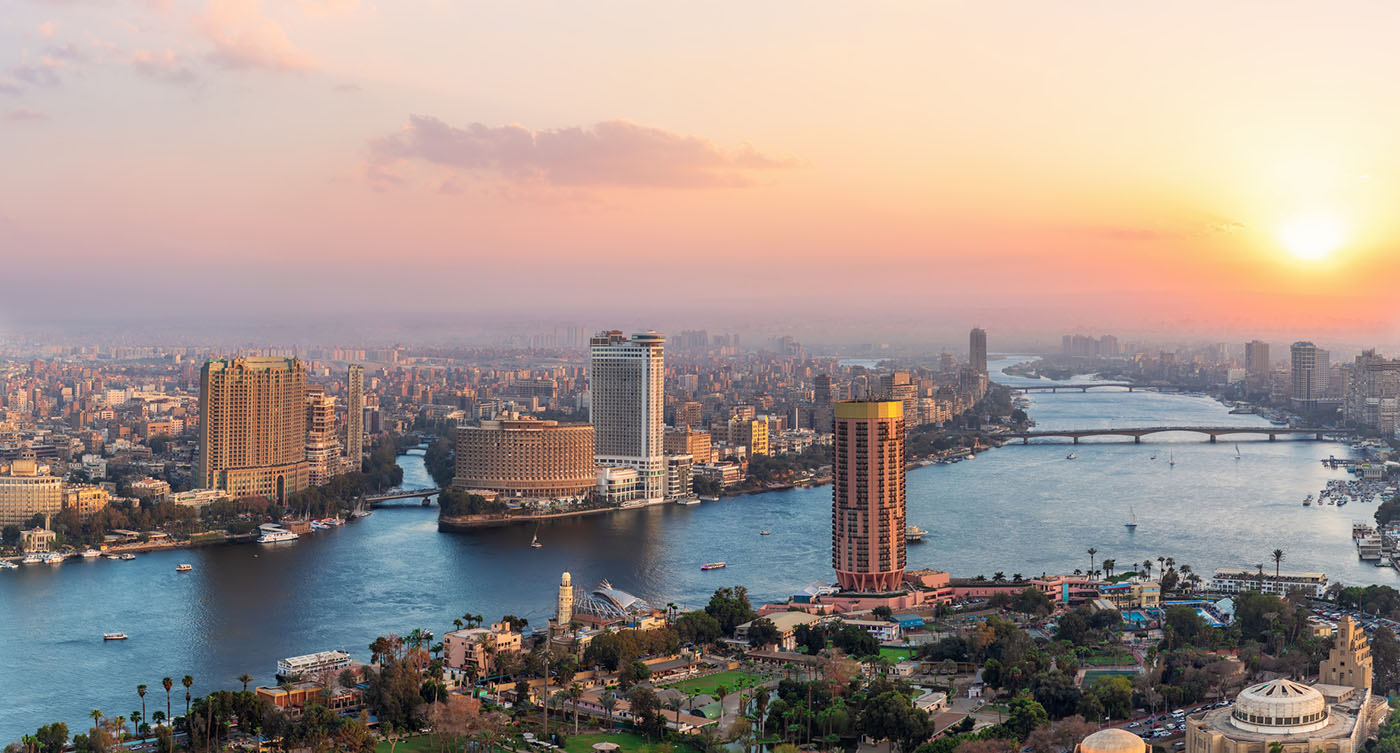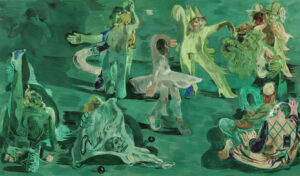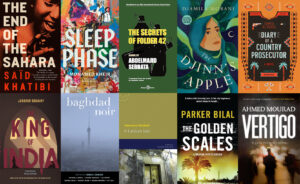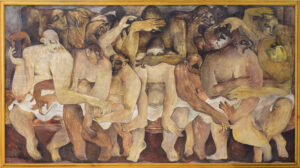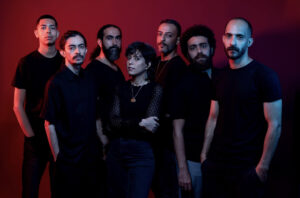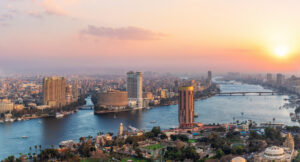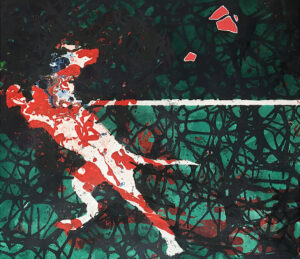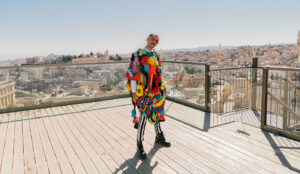Emissaries and other short stories, by Youssef Rakha
Barakunan 2023 / audio book
ISBN 9781399933636
Zein El-Amine
In his biography of Vladimir Nabokov, Brian Boyd mentions that the Russian writer had a “penchant for literary deception.” He quotes Nabokov explaining that he “detected in nature a playful deceptiveness and found nothing more exhilarating than the surprise of seeing through the deception to a new level of truth.” Boyd adds that Nabokov was much the same in person; he quotes an acquaintance saying that the Russian writer “tells you the truth then he winks at you to confuse you.” This is a fitting description of the way that Egyptian writer Youssef Rakha relates his ten short stories in his newly released collection, Emissaries. Rakha’s narrators are all unreliable, winking at the reader to confuse them. But it is through that confusion that the reader can gain access to a higher truth.
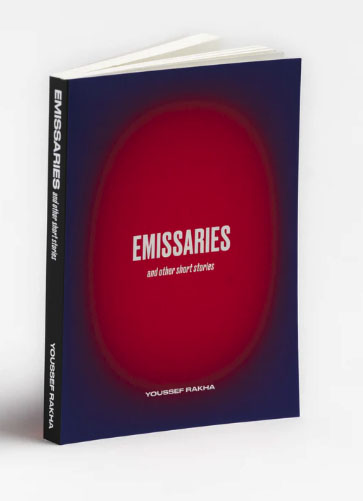
For one, several stories start with quotes from the Quran or the Bible, and the reader is left wondering about the purpose of these quotes. The confusion lies in the fact that the following narration turns against religion, either through the narrator or through the narration itself. If there is one word that describes the tone of this work, it would be “irreverence.” The stories are chock-full of contradictions.
The characters that inhabit Rakha’s world are constantly in flux, changing their political and religious views and, sometimes, their gender. In the first story, “The Boy Jihadi,” the residents of a building have an encounter with a “jihadi boy” carrying an “ancient Kalashnikov” and a mysterious package. The residents, who are described as “upstanding families, good citizens, and good Muslims, the pride and joy of their developing country’s bourgeoisie,” are incensed and want to defend their neighborhood. But their view of this boy changes as they begin to interact with the police and the state. Their sympathies shift when the cops assigned to their building turn out to be more of a nuisance than the boy. Since this story, like all of the stories in this collection, centers on the 2011 Arab Spring uprising in Egypt, the events mimic the greater historical arc: the transition from a revolutionary period to the reactionary reign of the Muslim Brotherhood, followed by a military dictatorship parading as a democracy.
The characters are mired in defeat and do not act of their own will. There is always some powerful entity, real or fantastical, dictating their actions. Several of the stories have shadowy organizations that seem to be controlling events from behind the curtain. This brings to mind Egypt’s current military rule, in which political activists are monitored and arrested en masse — according to the Arabic Network for Human Rights Information, the country had as many as 65,000 political prisoners in 2021. [Human Rights Watch claims “Egypt under President Abdel Fattah al-Sisi’s government has been experiencing one of its worst human rights crises in many decades.” ED.]
A slight figure, almost as short and thin as the ancient Kalashnikov it cradled – immediately we were incensed. How dare such a thing as this invade the living space of two dozen upstanding families, good citizens, and good Muslims, the pride and joy of their third-world country’s bourgeoisie.
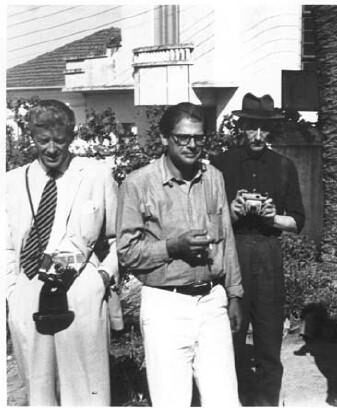
The beat poets and writers, especially William Burroughs but also Allen Ginsberg and Jack Kerouac, figure indirectly in several of the stories. These are all writers that had spent some time in North Africa, specifically Morocco. At times, Rakha’s writing itself takes a Burroughsian surrealist turn. The language is as dense and elusive as that of Burroughs, especially in its nods to his classic Naked Lunch.
While I am referencing writers that seem to have influenced Rakha (though that kind of imitation might be mockery), what prepared me most for the bizarre logic of the stories is having read Japanese writer Haruki Murakami. But make no mistake, Rakha is an original. His command of the English language is quite deft. His use of imagery is original, evocative, and concise. He can render a scene or a personality in an otherwise throwaway line. His vivid prose straps you into the story as it takes sharp narrative turns that shake it loose from its grounding in the mundane realities of Egyptian society.
In “Thus Spoke Che Nawwarah,” a revolutionary by the name of Khalid Nawwarah plans on sodomizing a Muslim Brotherhood candidate for office by the name of Sheikh Arif. He considers this to be a revolutionary act. The story takes place on July 20, 2012, in the wake of the toppling of President Hosni Mubarak. In this period, the Brotherhood had the upper hand when it came to the first democratic elections after the revolution because they had experience in running elections under the harshest conditions. Here, as in other stories, the author makes several American pop culture references. In this case, he compares the sheikh with Stewie Griffin (the evil genius toddler in the TV series Family Guy). This is because of what he sees as the sheikh’s childish desire to take over the world. Rakha draws you into the surreal logic of the story, which becomes more bizarre by the minute. In reading this story and others in the collection, you sometimes get the feeling that Rakha, in his sarcasm, is not only mocking the powers that be, but also the powers that could have been, the “revolutionaries” themselves.
In the titular story, “Emissaries,” we are treated to an alien visitation in a Cairo office setting. The narrator of the story is told that there are visitors in the conference room. When he enters the room, he finds that the space has been transformed by the aliens that sent him on a mission, one of the many missions that Rakha’s characters are assigned. Without giving away anything, Rakha is not much for neatly bounded endings; rather, he speeds up the action and then cuts it off suddenly, sending the reader coasting in wonder.
The story “Nawwah” is another that is peppered with Western cultural references (Ginsberg, Jim Morrison, and Jack Kerouac). And this one is also reminiscent of Burroughs’s Naked Lunch in tone. The main character receives instructions from the “Plant,” one of the several shadowy organizations in the book, to deliver a corpse to one of the Plant’s agents, who goes by the name Nastassja Kinski (in reference to the German actress). This is again one of Rakha’s stories in which he very nearly assails the reader with out-of-context cultural references and scientific dictum. Even within the short span of the story, he never resolves a conflict before introducing another. During his mission, the narrator travels to the coastal city of Alexandria, where he meets with the ghost of his father. There are tender moments in this story, as in the interaction between father and son; this is rare in a collection of stories that are otherwise stripped of sentimentality. At one point, his handler Kinsky gives him something that “looks like a giant termite.” She informs him that this insect will provide him with instructions on what to do with it on his return to Cairo.
This brings to mind the giant insect typewriter in Burroughs’s Naked Lunch. That insect typewriter informs Bill Lee, the main character in the novel, that he is an agent on a mission and instructs him, among other things, to engage in homosexual activities. This resonates with Rakha’s characters, who on the one hand, and out of the blue, deny that they are gay, but who end up engaging in homosexual activity. It’s hard to parse the intention behind such a narrative, but like all of Rakha’s stories in this collection, it leaves you sifting through the implications well beyond the end of the story.
I have not read many works by Arab American writers writing in English, but Rakha’s collection is original, irreverent, and provocative. What engages one most in reading his stories is the language he employs. Even though he is referencing Western pop culture and writers throughout the book, his voice is original. In wielding such prose, Rakha is a pied piper leading the reader into his rabbit holes. The consistency in that voice and the recurring motifs in the book make for a solid read. And in grounding these stories in the history of the recent Egyptian revolution and its aftermath, he conveys the truth about Egyptian society. But at the same time, in the fantastic or surreal turns that he takes, he is winking at you to make you second-guess your perceptions.



